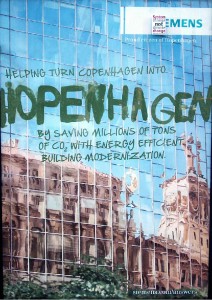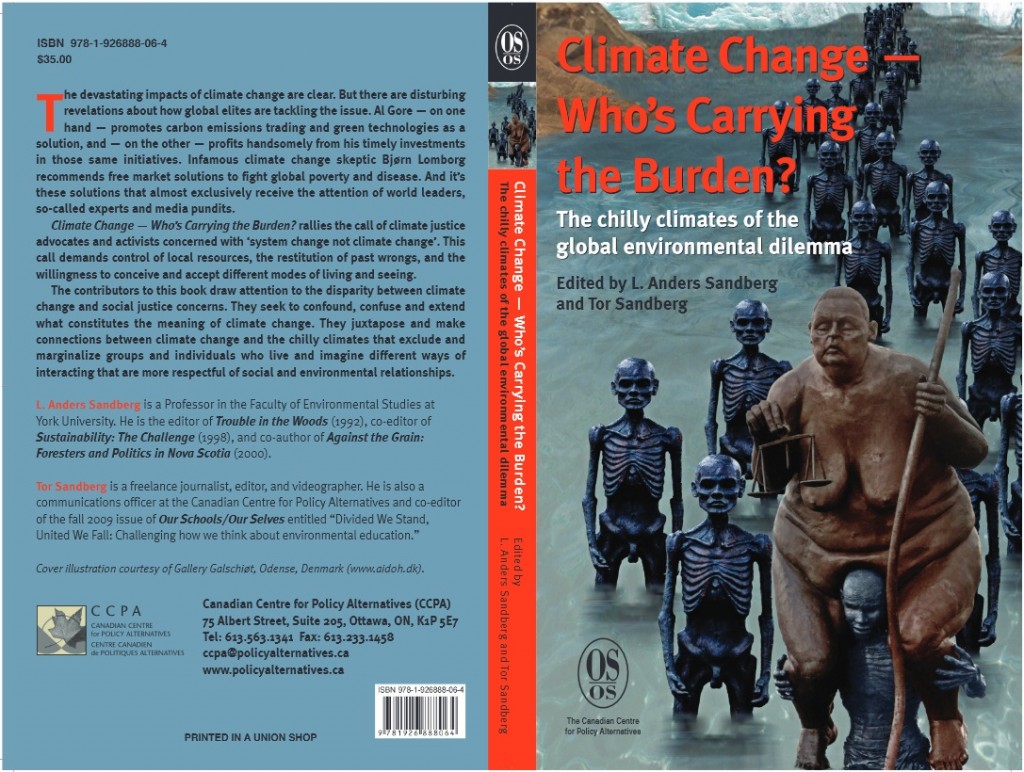Over the last couple of decades, climate change has emerged as the most important environmental problem facing humankind. The immensity of the problem is only surpassed, so it seems, by the failure to deal with it. I have felt compelled to tackle and engage in the climate change debate because of its popularity in public discourse and in what I believe is its misguided bias toward market solutions, technological fixes, nation-to-nation international negotiations, and individual environmental behaviour modifications (such as the call to reuse, reduce, recycle). These measures don’t work. I believe there needs to be more emphasis put on climate justice, focusing efforts on tackling the effects on those peoples that are suffering the most from climate change, and who are the least responsible for it, both at the point of extraction (such as the Ogoni people at the Niger Delta, the Cree at the Alberta Tar Sands, and the Indigenous Arab peoples of the Chebayesh Marshes of southern Iraq), the point of refining (witness the toxic soup experienced by the Aamjiwnaang First Nation in Canada’s Chemical Valley at Sarnia), and the points of overall and critical impact (flooding coastlines in Bangladesh, submerged small islands in the world’s oceans, and persistent and increasing droughts in Africa). System change, not climate change, needs to occur, and the calls for “leaving the oil in the soil” taken more seriously. These ideas permeate my book Climate Change - Who's Carrying the Burden: The chilly climates of the global environmental dilemma (2010; 2011) edited with Tor Sandberg which was inspired by our travel to the Climate Change COP15 Conference in Copenhagen in December 2009. In some of my other work, I am trying to make a connection between my studies on the aggregate industry and climate change, arguing that aggregates form an important ingredient in powering the carbon economy. I am thus calling for a movement to “leave the sand in the land and the stone alone.” I am interested in supervising students who are interested in any aspect of climate justice, a field of inquiry that focuses on the distributional risks, costs, and responsibilities of climate change while also looking beyond technologies, markets, and international agreements for solutions.
Climate justice
click image to enlarge
The little sticker stating “System change not climate change” in the top right hand corner of the photo challenges Siemens' sincerity in fighting climate change.
The cover of my book Climate Change: Who's Carrying the Burden? edited with Tor Sandberg


